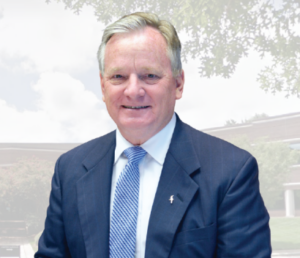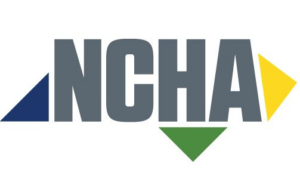NC State Treasurer Dale R. Folwell, CPA, released report showing extreme variations in hospital prices, huge price markups from Medicare rates, and widespread failures in price transparency.
NC Healthcare Association: Hospitals are not price setters and do not negotiate with Medicare nor Medicaid; transparency is a work in progress and a majority of NC hospitals are already in compliance.

(Raleigh) — North Carolina State Treasurer Dale R. Folwell, CPA, released a report saying “too many North Carolina hospitals are violating federal rules to hide prices from patients. The anti-competitive infractions thwart patients’ ability to make informed decisions about their health care.”
Among the findings:
- NC hospitals levy price markups of up to 1,120% on routine care and basic services. The most expensive subset charged commercially insured patients as much as 1,670 percent more than other hospitals for the same service.
- Workers lose 20 percent of every paycheck to health care costs with hospital systems receiving almost half of the health care spending in the United States. North Carolina’s public employees and taxpayers face a $24 billion unfunded liability for the State Health Plan.
- Services such as a urinalysis can carry a 1,120 percent median markup from Medicare, forcing patients to pay a median $28.80, while Medicare pays a median of just $2.36. The majority of North Carolina hospitals self-reported profiting off Medicare rates over six years.
- The largest price disparities appear in radiological services. Hospitals inflated their $1,167.23 median commercial price for a CT scan of the brain by 976 percent from Medicare’s $108.44 median rate. These disparities have ties to state Certificate of Need (CON) laws, which restrict the supply of health care equipment and facilities.
- Across the majority of the 16 common shoppable services, hospitals charged uninsured patients more than 150 percent more than Medicare rates. A fourth of the 16 analyzed shoppable services had a higher markup on “cash” prices than on commercial rates.
- The most expensive subset of North Carolina hospitals charged commercially insured patients as much as 1,670 percent more than other hospitals for the same service.

The North Carolina Healthcare Association responded to the report directly to the North Carolina Medical Society. NCHA says it supports “transparency around patient care quality, safety and other data and information to support consumer decision-making. It is the right thing to do and is in the best interests of our patients and communities.”
Highlights of NCHA response:
- The effort toward pricing transparency is a work in progress for all U.S. hospitals.
- The suggestion that hospitals “hide” prices from patients is absolutely false. A majority of North Carolina hospitals are already compliant.
- Hospitals do not negotiate with Medicare nor Medicaid. Government payers reimburse healthcare providers a set amount which is typically not sufficient to reimburse providers for care they deliver to patients.
- Hospitals do negotiate with commercial payers and those negotiations are conducted between two mature organizations at arms-length, like other legal business arrangements.
